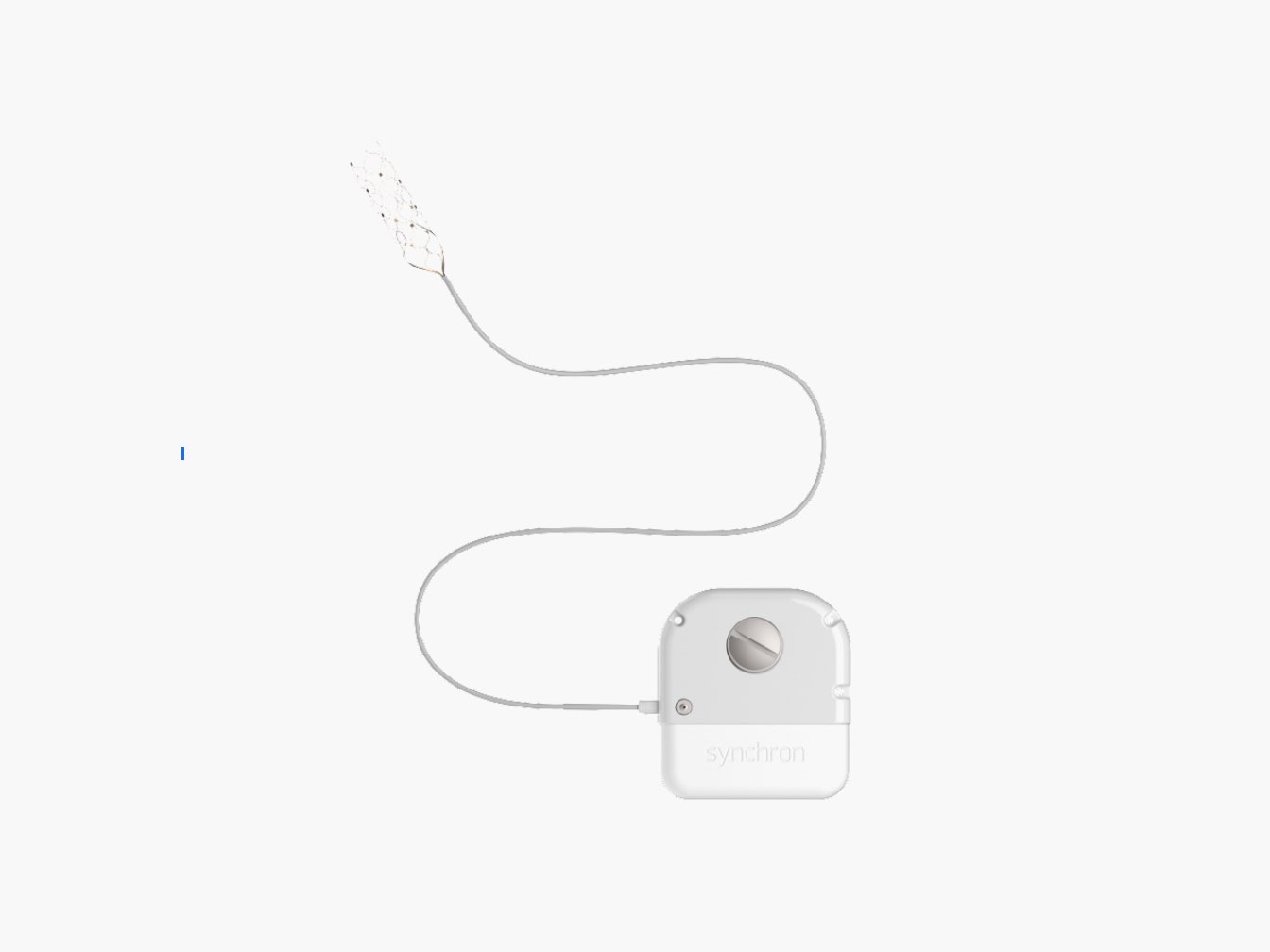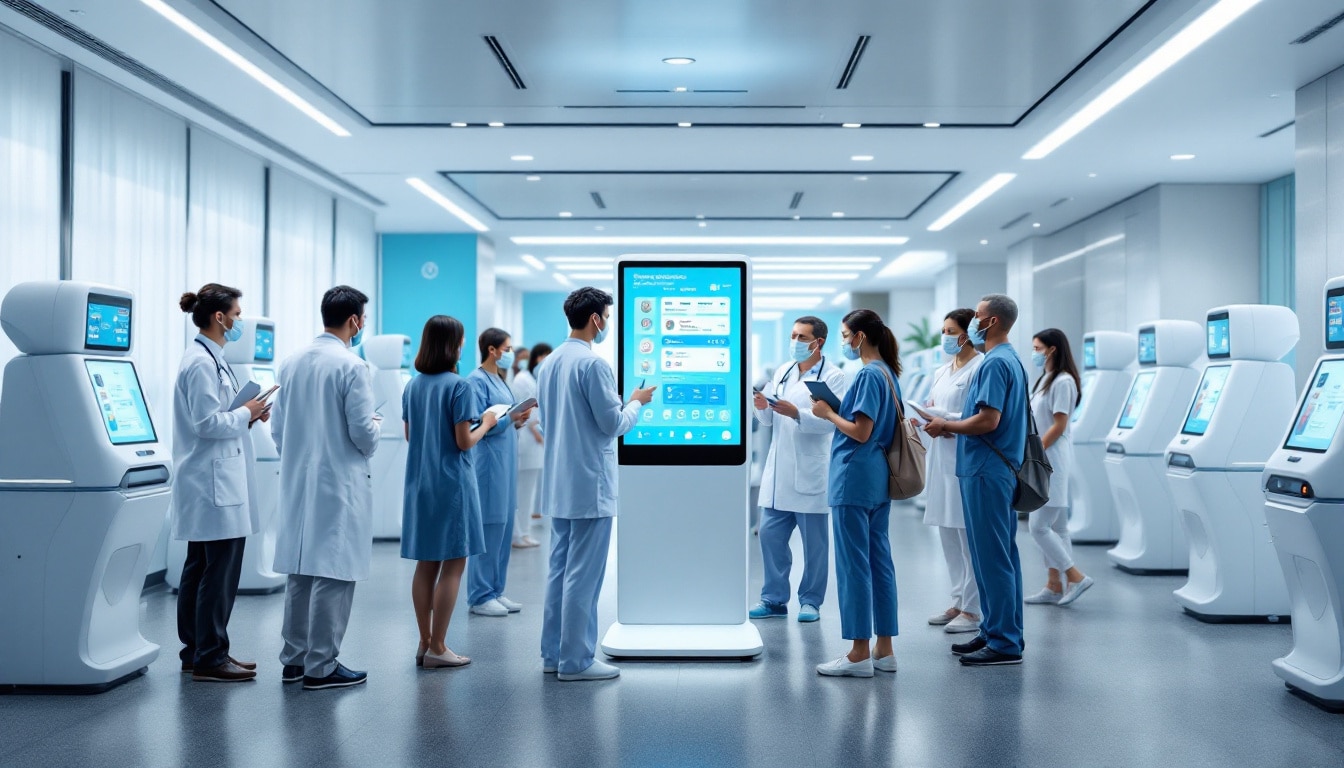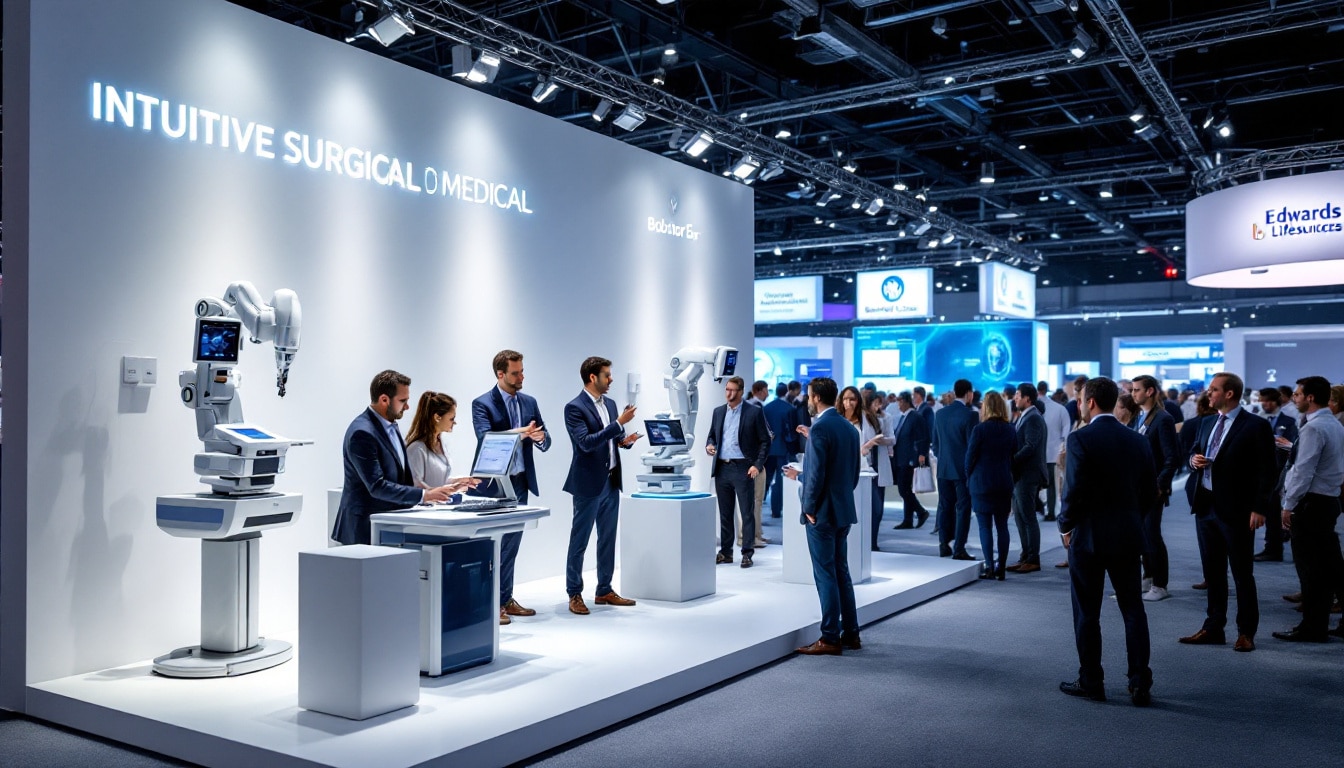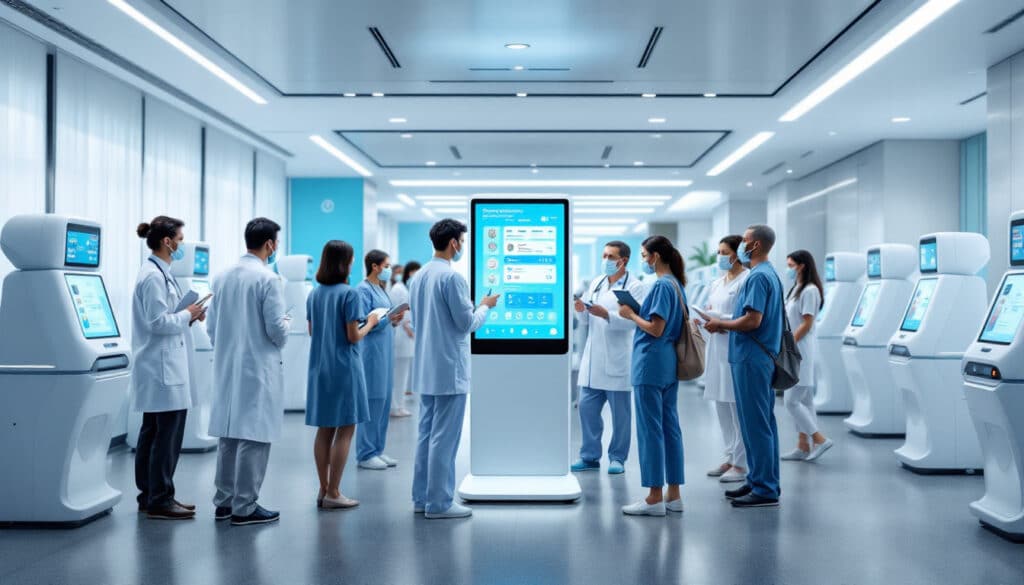Recent advances in the field of brain-computer interfaces (BCI) take a significant turn with the announcement by Synchronized promising results concerning its device Stentrode. This innovation, which demonstrated precise execution in deployment and targeted coverage of the motor cortex in all patients tested, paves the way for revolutionary applications in the treatment of neurological disorders. At the same time, the company unveils its plans for a landmark study aimed at further exploring the capabilities of this cutting-edge device and facilitating access to innovative solutions in the medical field.
|
IN BRIEF
|
Synchron Announces Promising Results from Stentrode BCI Study
Synchron recently revealed impressive results from its clinical study of the device Stentrode, a brain-computer interface (BCI). These results show exemplary precision in the deployment of the device, with 100% of successful cases, allowing effective targeting of the motor cortex in the brain. This advance opens a new avenue for the development of neural interfaces, promising significant improvements in the treatment of various neurological pathologies.
Reliable performance without major incidents
As part of the study Command, Synchron has demonstrated the reliability of its Stentrode BCI implant. For all six study participants, the device was not only successfully deployed, but also achieved optimal motor cortex coverage. Additionally, no serious adverse reactions have been reported, underscoring the safety and effectiveness of Stentrode in a clinical setting. These results bode well for a better quality of life for patients suffering from motor and neurodegenerative disorders.
A significant advance in clinical research
This study marked by positive results constitutes a major turning point in the field of clinical research, particularly with regard to the use of brain-computer interfaces for therapeutic applications. By enabling a direct interface between the brain and digital devices, the Stentrode could radically transform current treatment methods, offering new avenues for therapies based on neural control. This potential is all the more relevant in the context of neurodegenerative diseases, where the possibility of communicating directly with digital systems can considerably improve patient autonomy.
Synchron’s future plans for breakthrough studies
Building on these encouraging initial results, Synchron plans to continue its research with the ambition of carrying out an even more exhaustive study. The objective is to refine the clinical applications of Stentrode and explore innovative uses in the field of neuroscience. Support for the development of such projects is reinforced by initiatives such as the prematuration of the CNRS, which aims to support cutting-edge scientific innovations. This dynamic is crucial to ensure that innovations, like those offered by Synchron, are implemented securely and efficiently.
Conclusion of the results to follow
The results of the Command study and Synchron’s future plans for the Stentrode illustrate not only the immense potential of brain-computer interfaces, but also their growing importance in modern medicine. While research on BCI continue to advance, international attention is turning to innovations that will transform our approach to health care, especially when it comes to neurotherapeutic treatments.
Happy to see this interview with CNN! This sticker from one of BCI stentrode cases family is always in my wallet to remind me that science/technology are always able to create a better future! https://t.co/2cWnqMnWEP pic.twitter.com/PFcEPZh9Py
— Mohamed F Doheim, MD (@fahmy_doheim) February 29, 2024
Synchronized recently shared promising results regarding its research on Stentrode, an innovative brain-computer interface (BCI) device. These results are part of the Command study, which demonstrated the exceptional ability of this technology to establish a reliable connection between the brain and computers. In 100% of cases, the device was successfully deployed, allowing targeted coverage of the motor cortex for each of the six patients involved in the study. This remarkable performance demonstrates the potential of the Stentrode technology to revolutionize the field of neurotechnology interfaces.
Data from the Command study also indicate the absence of serious adverse events, reinforcing confidence in the safety of the device. Indeed, Synchron has succeeded in establishing a direct link between patients’ thoughts and digital output, paving the way for new possibilities in the treatment of neurological disorders. This development could transform the way we understand and interact with cognitive cueing technologies.
In a move of continuity, Synchron also announced plans for an even more in-depth study, aimed at establishing breakthrough results that could play a crucial role in the commercialization of Stentrode technology. With solid financing and strategic partnerships, the company appears determined to consolidate its leading position in the medical innovations. The implications of this research extend beyond simple technological advancements; they touch on fundamental issues of patient health and well-being.














